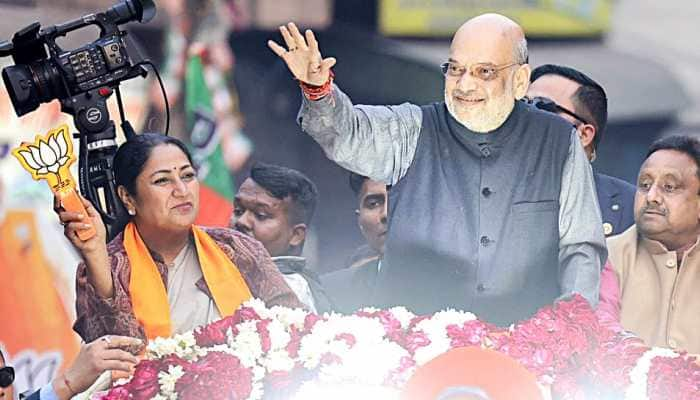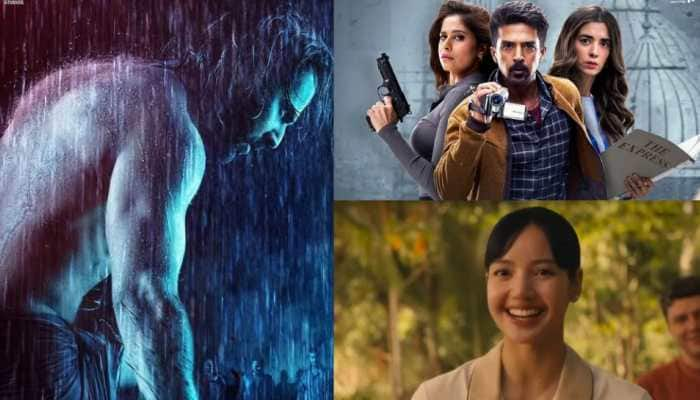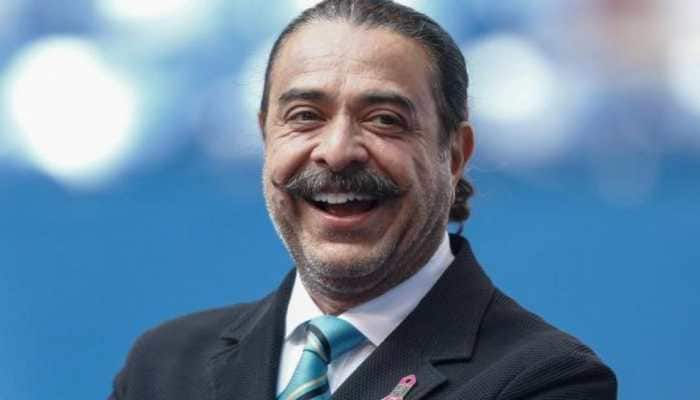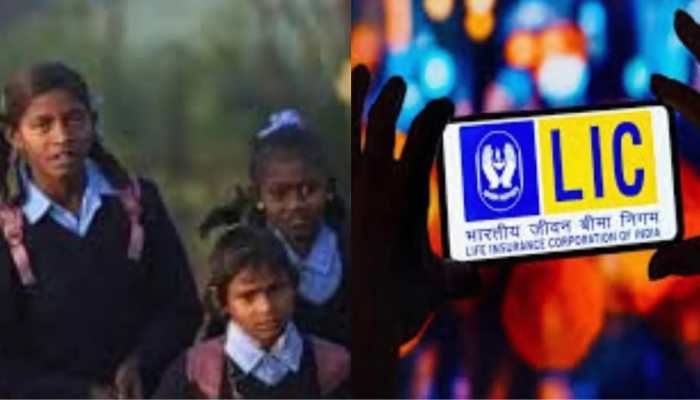'Never Trust Your Enemy': Army Chief During Kargil War Tells Armed Forces
Gen Ved Prakash Malik, who was the Army chief during the 1999 war against Pakistan, exuded confidence that if a war situation arises today, India is better prepared than it was during Kargil.
Trending Photos
)
Drass (Ladakh): "Be alert and never trust your enemy, be it Pakistan or China." This is former Army chief Gen Ved Prakash Malik's message for the armed forces standing guard at the icy heights here. Gen Malik, who was the Army chief during the 1999 Kargil war, exuded confidence that if a war situation arises today, India is better prepared than it was during Kargil. He said his biggest takeaway from the Kargil war is that the enemy cannot be trusted even if there is "political show" of friendship.
For Gen Malik, it was a case of once bitten twice shy, as he recalled the Lahore Declaration that was signed between India and Pakistan in February 1999 and ratified by the parliaments of both countries under which they had an added responsibility towards avoiding nuclear race, as well as both non-conventional and conventional conflicts.
"Never trust your enemy, even if there is a political show of friendship like signing of agreements. This happened before the Kargil war too, the two countries had just signed an agreement (Lahore Declaration) and we were taken by surprise," Gen Malik told PTI on the sidelines of a function here.
"Within a couple of months, they intruded our territory, not with Mujahideen or jihadis, but with Pakistan army," he added.
He said the "forces should remain alert -- be it China or Pakistan" and there is no room for complacency even if any country is showing or displaying "friendship politically".
"Ceasefire or no ceasefire, I have seen ceasefire broken so many times. So, it does not matter, we have to remain alert on the LAC or the LoC," Gen Malik added.
He said the Kargil war is proof that the Indian Army has the capability and capacity to chase the enemy out even if they were caught by surprise.
"If a war situation arises today, we are ready to fight, we are far more equipped and better prepared. The human resources are as good today as they were 24 years back but the capabilities today have improved a lot compared.
"The armed forces have transformed. We have better equipment, better surveillance, we are prepared to face the challenge," Gen Malik said.
He recalled the situation during 1999 Kargil war with Pakistan and said the challenges were not limited to terrain and weather but on the equipment part too. "However, today we are much better off," he said.
"During Kargil it was different, initially we suffered a lot of casualties because, more because we did not have adequate information and once we got to know more details, we were able to push the Pakistani regular army disguised as raiders from the heights of Kargil.
"...Tololing battle was the first turning point, that was when I got reassured that we will be able to sail through".
The Tololing peak was captured by the 2nd Rajputana Rifles of the Army in June. This was a crucial victory as the peak overlooked the Srinagar-Leh Highway, the main road through which supplies and reinforcement was sent to Kargil and Leh.
Gen Malik was here at Lochamen view point in Drass at an event where war heroes and families of fallen soldiers remembered the brave souls.
Malik's words were echoed by many Kargil war veterans who said while the ceasefire was a good thing to happen, it is Pakistan's habit to violate it.
"Ceasefire depends on both the sides as to how long they will hold it. But, Pakistan has always betrayed... Indian Army is capable. Now, there is Pakistan on the LoC and China on the LAC, but India is ready to deal with both," said Brigadier (Retd) Khushal Thakur, who was commanding officer of 18 Grenadiers and had led numerous operations with his battalion including the victory on Tiger Hill.
Honorary Captain of the Ladakh Scouts, Cheering Stopdan, who also took part in the war, said there should not be any negligence on India's part due to the ceasefire.
"When it snows in the winter, the army comes down. The enemy sees that and goes up. It should not happen. We should not lose what we captured in the war. That is very important," he said.
Brigadier (retd) O P Yadav, who was a Colonel during the war, said India is now in a far better and dominating position than Pakistan. "Things have improved because the entire Division has come, they are very well and there on ground. The surveillance capabilities have increased, the communication facilities have increased, fire power has increased."
The Kargil War saw soldiers of Indian Armed Forces fight in the most challenging terrain under harsh weather conditions leading to the defeat of the enemy in Drass, Kargil and Batalik sectors.
On the occasion of the 24th anniversary of the Kargil Vijay Diwas, a briefing was conducted on Tuesday at Lamochen (Drass).
The event commenced with an audio visual narration of the battles which showcased the Kargil War as it unfolded. The vivid narrations, in the backdrop of the very mountains where the fierce battles were fought, recreated scenes of each battle and the venue reverberated with tales of bravery and sacrifice of our soldiers.
The narrations of battle followed by reminiscences of actions by the war heroes themselves, brought to life the bravery, indomitable spirit and everlasting zeal of our braves.
The event was graced by the presence of the War Heroes and Veer Naris, Veer Matas and relatives of the gallant soldiers who laid down their lives during the war.
Stay informed on all the latest news, real-time breaking news updates, and follow all the important headlines in india news and world News on Zee News.
Live Tv







)
)
)
)
)
)
)
)
)
)
